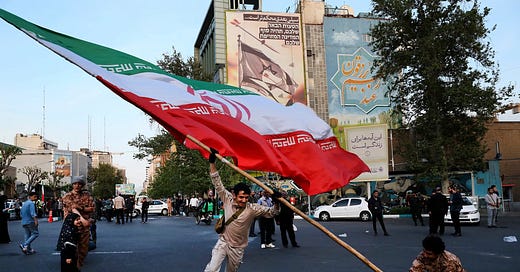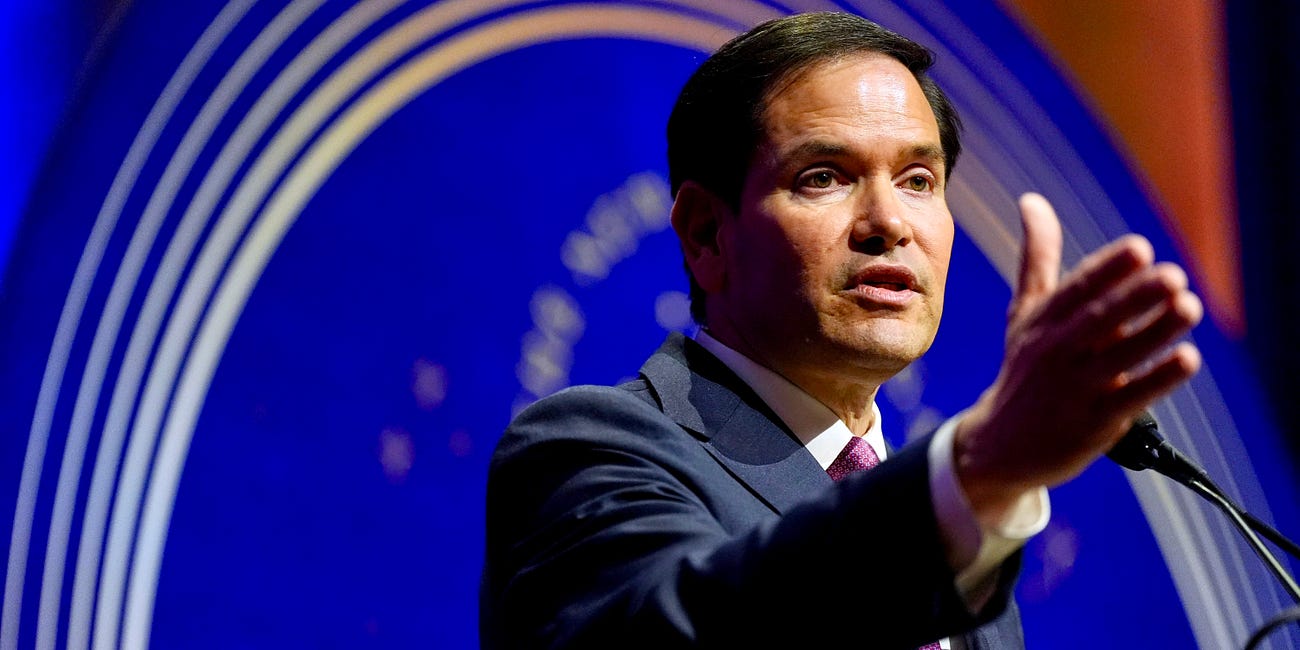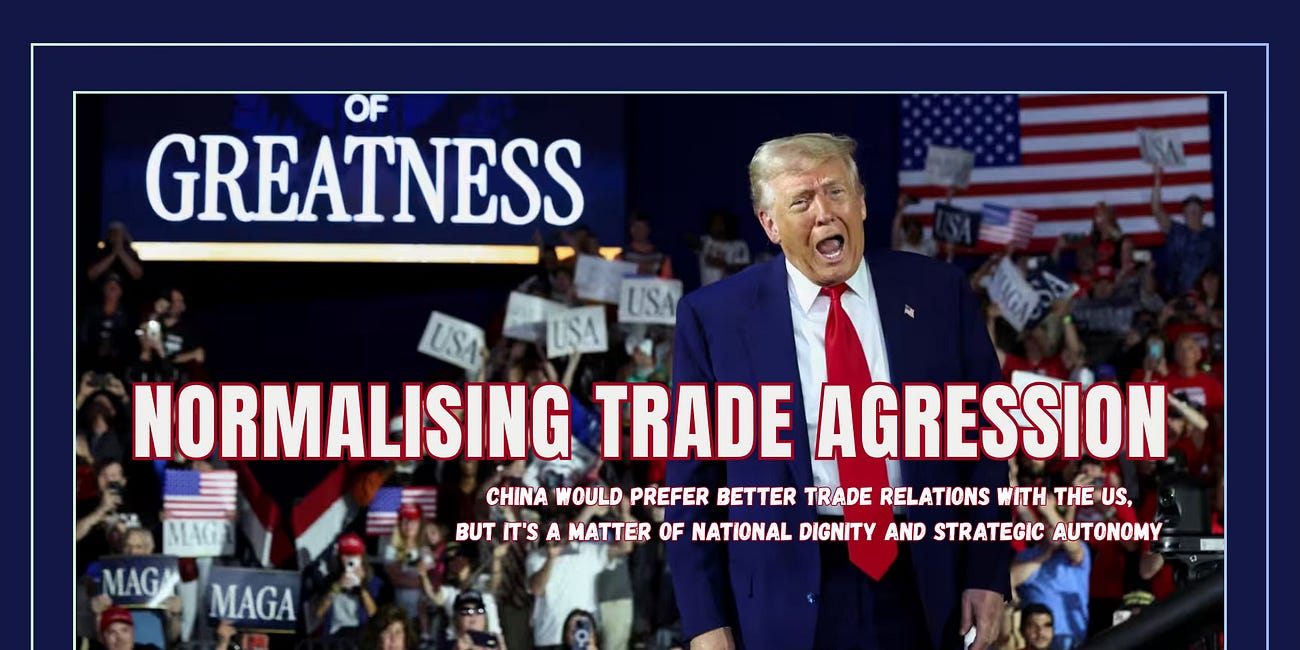Trump's Two Week Window on Iran
Prof. Josef Mahoney On "two weeks:" Trump often imposes two-week deadlines, promising action within that time frame, and yet, rarely delivers. In other words, don't hold your breath.
Featured contributor Prof. Josef Mahoney joined CGTN to discuss developments in the conflict between #israel and and #iran and Trump's announcement of a "two-week" window for negotiations before he makes a decision whether to join Israeli aggression.
Talking points:
On "two weeks:" Trump often imposes two-week deadlines, promising action within that time frame, and yet, rarely delivers. In other words, don't hold your breath. Nevertheless, should the US join the war it would create tremendous political risks for Trump and economic risks for the US. To be sure, this two-week declaration gives him time to position US forces against Iran but also an opportunity to reassert control over US foreign policy, which is being driven presently by Netanyahu. It also gives other stakeholders, including hashtag#russia and #china, the opportunity to muster and make their own voices and power heard and felt.
On Xi-Putin consultations: as major powers advancing the multipolar paradigm contra US unilateralism, as a matter of principle both China and Russia must make their influence felt. They're also driven by practical concerns. Not only would a wider war harm the global economy, it could create security risks that radiate throughout Asia, touching directly on the security and economic interests of China and Russia. Plus, Russia has hard decisions to make. To what extent will it support Iran militarily should this escalate, given Iran's support for Russia in its conflict with Ukraine? Additionally, as the world is distracted by this new war, how might this impact the Russia-Ukraine conflict or others? For example, who's paying attention to the growing likelihood of a new military coup in Thailand, and the border conflict between Thailand and Cambodia?
On the ability to "eliminate" a country's capacity to develop nuclear weapons: It's impossible to do this unless one is capable of reducing a state to utter ruins, and even then, who knows? The risk for such developments always exists, and adversaries will always worry and exploit this reality to justify aggression, which in turn pressures states to develop such weapons. Consequently, tropes like "elimination" or "complete surrender" are just rhetorical devices used to justify suppression, which is precisely what the Americans and Israelis have done for a long time, a device for perpetuating hegemonic violence. In short, if elimination was possible AND actually desired, then it would already be done.
On the risks of spoilers: Trump's foreign policy left him vulnerable to Israeli spoilers, and there are many in addition to Israel who may want the US to join the fight because they want to further debase Iran AND/OR because they know that it will also diminish Trump, his trade war, US rejuvenation, etc. We already see new Israeli attacks on Hezbollah, trying to draw them into the conflict, and we might see Israel or others playing games with false flags and fake news that aim for worse to come.
https://news.cgtn.com/news/2025-06-19/Live-Latest-on-the-escalating-Iran-Israel-conflict-1EkSJcZYEc8/p.html
Trump Normalises Trade Aggression
Featured contributor Prof. Josef Mahoney was quoted by Jenny Leonard and Josh Xiao in their Bloomberg article on Trump pondering the difficulty of reaching a deal with Xi.








